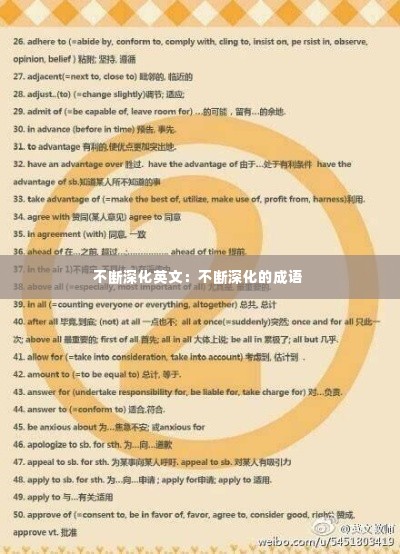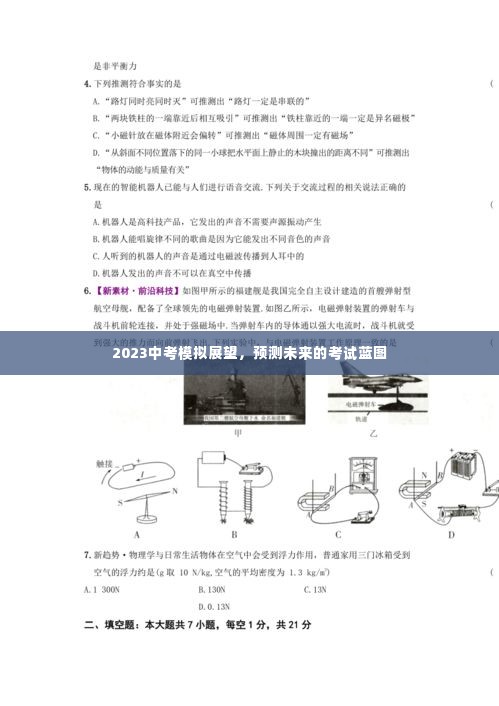Understanding the Importance of Continuous Improvement in English
In today's globalized world, English has become a lingua franca, serving as a common language for communication across different cultures and countries. The ability to speak, read, and write English proficiently is no longer a luxury but a necessity for personal and professional growth. Continuous improvement in English, therefore, becomes a critical aspect of one's development. This article delves into the reasons why it is important to continuously enhance one's English skills and provides strategies for achieving this goal.
The Global Impact of English
English is the primary language of international business, science, technology, and diplomacy. Companies operating on a global scale often communicate in English, regardless of their native tongue. This makes proficiency in English a valuable asset for career advancement and networking. Additionally, English is the language of instruction in many universities and educational institutions worldwide. A strong command of English can open doors to educational opportunities and knowledge acquisition that might otherwise be inaccessible.
Personal Development and Cultural Exchange
Learning English goes beyond professional benefits; it also enhances personal development. It allows individuals to access a wealth of information, from literature and news to movies and music, that enriches their cultural understanding. Engaging with English literature and media exposes learners to diverse perspectives and enhances their critical thinking skills. Furthermore, English facilitates cultural exchange and the ability to connect with people from all walks of life, fostering empathy and a broader worldview.
Strategies for Continuous Improvement
Continuous improvement in English requires a structured and consistent approach. Here are some effective strategies to consider:
Expand Your Vocabulary
Building a robust vocabulary is the foundation of effective communication in English. Use flashcards, vocabulary apps, and read widely to encounter new words. Try to learn a few new words each day and integrate them into your daily conversations and writing.
Practice Regularly
Like any language, English requires regular practice to maintain and improve skills. Set aside time each day for reading, listening, speaking, and writing. Engage in conversations with native speakers, join language exchange groups, or consider hiring a tutor for personalized instruction.
Immerse Yourself in the Language
Immersing yourself in the language is one of the most effective ways to improve. Watch movies, listen to podcasts, and follow news channels in English. The more you expose yourself to the language, the more naturally it will become part of your everyday life.
Learn Grammar and Usage
Understanding the grammar and usage of a language is crucial for clear and effective communication. Invest in a good grammar book or take an online course to improve your understanding of English grammar. Regularly review your writing to identify and correct any grammatical errors.
Set Realistic Goals
Set achievable goals for your language learning journey. Whether it's reaching a certain level of proficiency or mastering a specific aspect of the language, having clear objectives will keep you motivated and focused.
Conclusion
Continuous improvement in English is an ongoing process that requires dedication and persistence. By expanding your vocabulary, practicing regularly, immersing yourself in the language, learning grammar, and setting realistic goals, you can enhance your English skills and unlock a world of opportunities. Remember, the journey is as important as the destination, and every step you take towards mastering English will contribute to your personal and professional growth.
转载请注明来自天津锦麟商贸有限公司,本文标题:《不断深化英文:不断深化的成语 》













 蜀ICP备2022005971号-1
蜀ICP备2022005971号-1
还没有评论,来说两句吧...